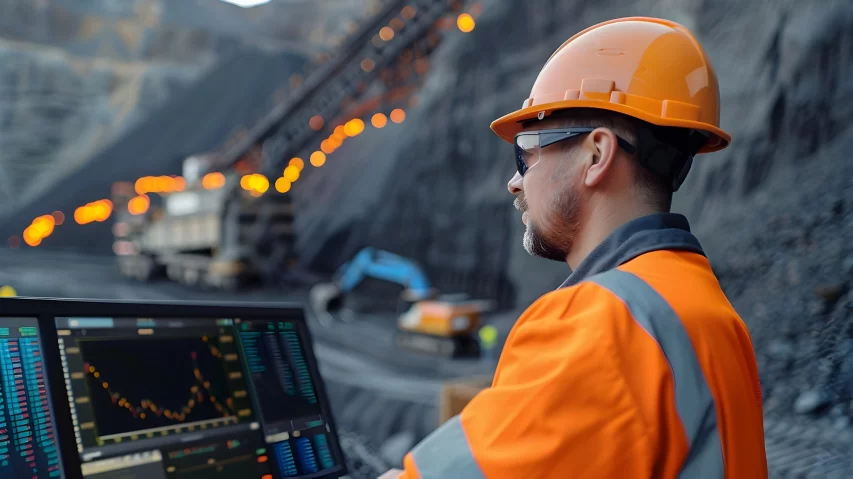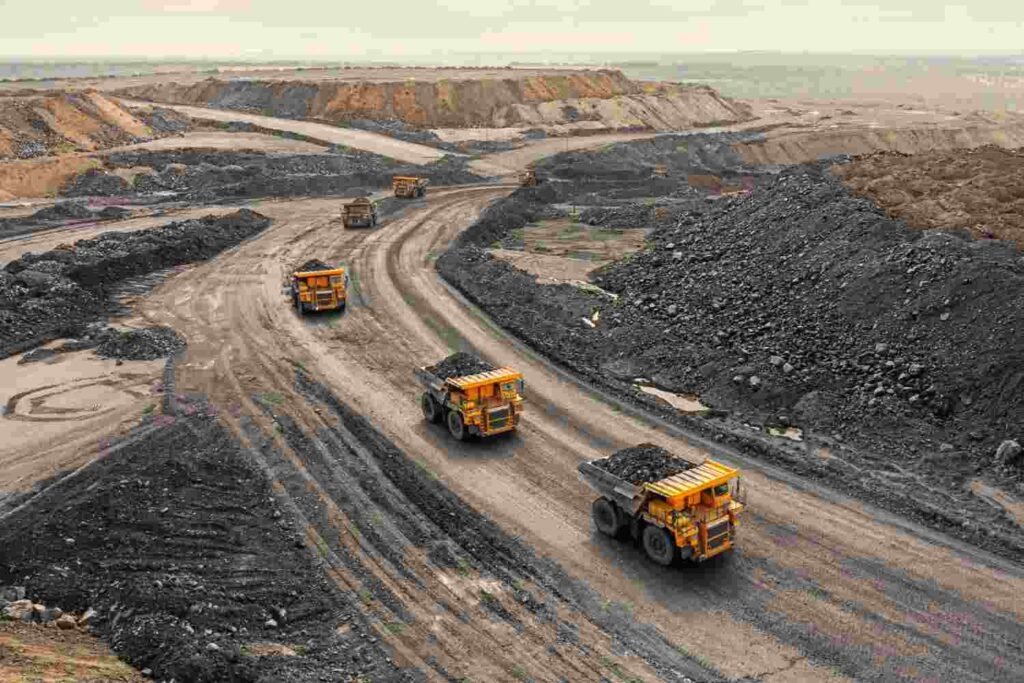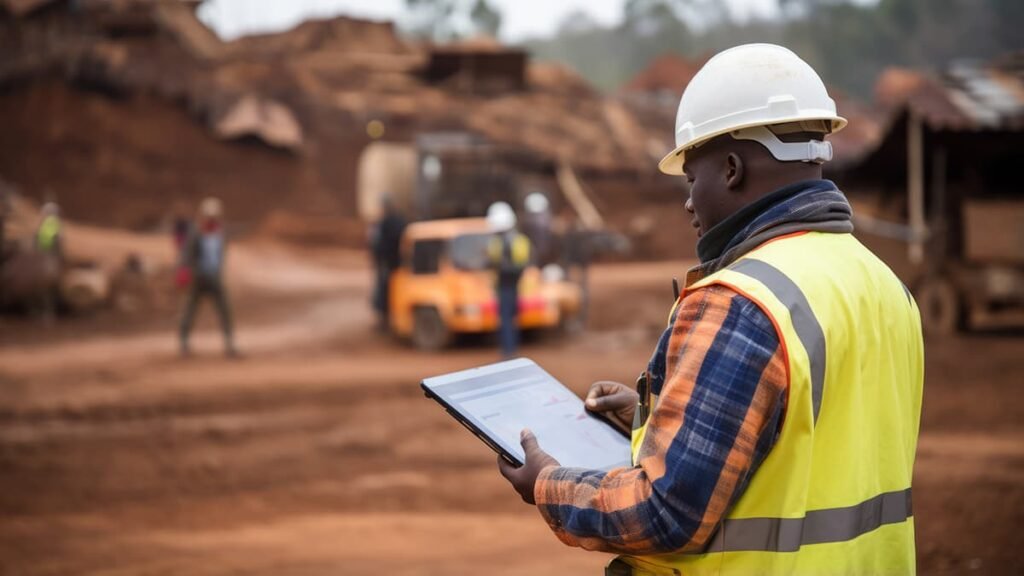Metal Mining in Africa
Metal Mining in Africa: Unlocking the Continent’s Mineral Wealth
Africa is home to some of the world’s largest reserves of metals, making it a critical player in the global mining industry. From gold and copper to platinum and cobalt, the continent’s mineral wealth fuels economies, supports technological advancements, and meets global industrial demands. However, metal mining in Africa also presents unique challenges, including environmental concerns, governance issues, and the need for sustainable practices. In this blog post, we will explore the key aspects of metal mining in Africa, supported by vivid image descriptions and insights into its opportunities and obstacles.

Gold Mining: Africa’s Shining Legacy
Gold has been a cornerstone of Africa’s mining industry for centuries. Countries like South Africa, Ghana, Mali, and Burkina Faso are among the top producers globally. Gold mining not only generates significant export revenue but also provides livelihoods for millions through artisanal and small-scale operations. However, balancing economic benefits with environmental sustainability remains a challenge.

Copper Mining: Powering Industrial Growth
Zambia and the Democratic Republic of Congo (DRC) dominate Africa’s copper production, with the latter being one of the world’s largest suppliers. Copper is essential for electrical wiring, construction, and renewable energy technologies. As global demand for clean energy grows, Africa’s copper resources are becoming increasingly vital. Investments in infrastructure and technology are helping these countries maximize their mining potential.

Platinum Group Metals (PGMs): South Africa’s Crown Jewel
South Africa holds approximately 80% of the world’s platinum reserves, making it the undisputed leader in platinum group metals (PGMs). These metals are crucial for catalytic converters, jewelry, and chemical manufacturing. The platinum mining sector contributes significantly to the country’s GDP while supporting thousands of jobs.

Cobalt Mining: Fueling the Green Revolution
The DRC produces over 70% of the world’s cobalt, a key component of lithium-ion batteries used in electric vehicles (EVs) and renewable energy storage systems. As the world transitions to clean energy, Africa’s cobalt resources have become indispensable. However, ethical concerns surrounding artisanal mining and environmental degradation must be addressed to ensure responsible extraction.

Rare Earth Elements (REEs): Emerging Opportunities
Rare earth elements (REEs) are essential for electronics, magnets, and green technologies. While China dominates global REE production, African countries like Namibia, Burundi, and Malawi are exploring their deposits to diversify the market. Developing local refining capacity could position Africa as a future leader in this high-demand sector.

Challenges Facing Metal Mining in Africa
1. Environmental Degradation
Metal mining can lead to deforestation, water pollution, and habitat destruction, particularly in ecologically sensitive regions. Implementing stricter environmental regulations and adopting cleaner technologies are essential to mitigate these impacts.
2. Governance and Transparency Issues
Corruption, regulatory uncertainty, and inconsistent enforcement create barriers to investment and hinder sustainable development. Strengthening governance frameworks is crucial to ensuring equitable benefit-sharing and long-term growth.
3. Artisanal and Small-Scale Mining Risks
Artisanal mining provides livelihoods for millions but often operates informally, leading to unsafe working conditions and conflicts with industrial miners. Formalizing these operations and providing training can improve safety and productivity.
Benefits of Metal Mining in Africa
1. Economic Growth
Metal mining drives export revenues, creates jobs, and attracts foreign direct investment (FDI), contributing significantly to national economies.
2. Infrastructure Development
Mining projects often lead to the construction of roads, railways, and power plants, improving connectivity and supporting broader industrialization efforts.
3. Global Supply Chain Contribution
Africa’s metal resources are critical for industries ranging from automotive and construction to renewable energy and technology, positioning the continent as a key player in global markets.
Frequently Asked Questions (FAQs)
Q1: Which African countries produce the most metals?
A1: Key producers include South Africa (gold, platinum), the DRC (copper, cobalt), Zambia (copper), Ghana (gold), and Namibia (rare earth elements).
Q2: How does metal mining impact African economies?
A2: Metal mining generates export revenues, creates jobs, and funds infrastructure projects, though over-reliance on mining can make economies vulnerable to commodity price fluctuations.
Q3: What steps are being taken to make metal mining more sustainable?
A3: Initiatives include adopting renewable energy, implementing stricter environmental regulations, rehabilitating mined areas, and promoting corporate social responsibility (CSR).

